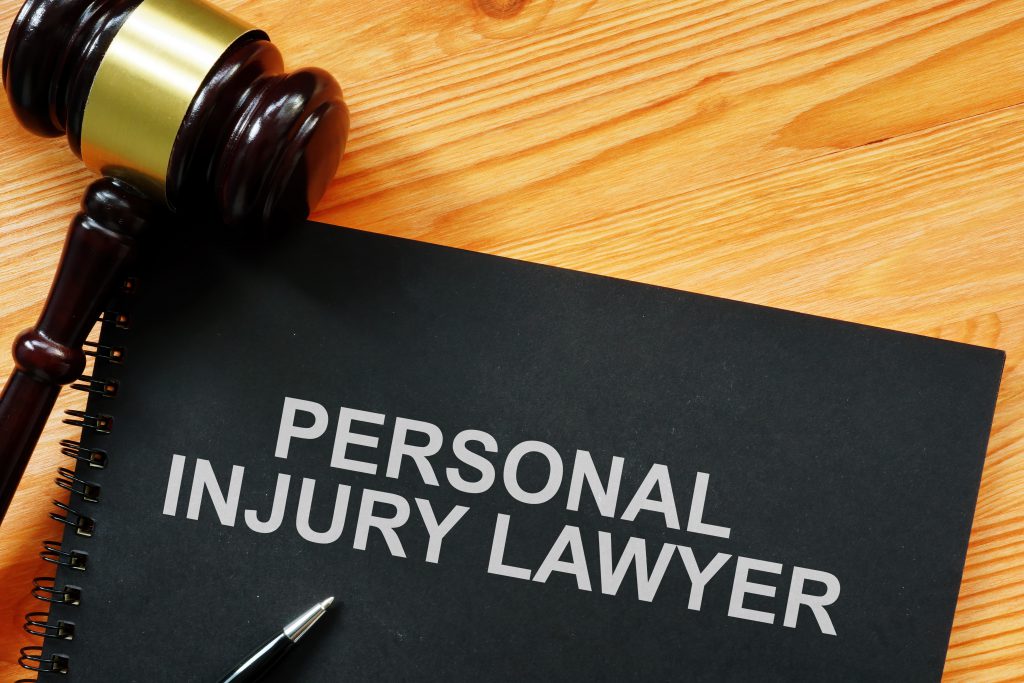Personal Injury Attorneys: Finding the Best Local Representation Near You
Sustaining an injury due to someone else’s negligence can be a stressful and frustrating experience. Not only do you have to deal with physical pain and emotional trauma, but you may also face financial burdens such as medical bills and lost wages. In such cases, hiring a personal injury attorney can help you get the compensation you deserve.
However, finding the right personal injury attorney can be a daunting task, especially if you’re not sure where to start. Here are some tips on how to find a personal injury attorney near you who can handle your case effectively.

Research Your Options
Start by researching personal injury attorneys in your area. You can do this by looking online, asking for referrals from friends and family, or contacting your local bar association. Make a list of potential attorneys and gather as much information as possible about their experience, qualifications, and reputation.
Look for Experience in Your Type of Case
Personal injury law covers a wide range of cases, from slip and falls to car accidents to medical malpractice. When choosing a personal injury attorney, look for someone who has experience handling cases similar to yours. This can give you a better chance of success and ensure that your attorney is familiar with the laws and regulations relevant to your case.
Check Their Qualifications
In addition to experience, you should also check the attorney’s qualifications. Look for an attorney who is licensed to practice in your state and has a good standing with the bar association. You can also check if they are a member of any professional organizations, such as the American Bar Association or the National Trial Lawyers.
Consider Their Reputation
A personal injury attorney’s reputation can be a good indication of their ability to handle your case effectively. Look for reviews and testimonials from previous clients, as well as any awards or recognition they have received. You can also check their record with the state bar association to see if they have any disciplinary actions or complaints against them.
Schedule a Consultation
Once you have narrowed down your list of potential attorneys, schedule a consultation with each of them. This will give you a chance to meet them in person, discuss your case, and ask any questions you may have. During the consultation, pay attention to their communication style, their willingness to listen to you, and their overall demeanor. You want to make sure you feel comfortable working with them and that they are genuinely interested in helping you.
Discuss Fees and Payment Options
Before hiring a personal injury attorney, make sure you understand their fee structure and payment options. Most personal injury attorneys work on a contingency fee basis, which means they only get paid if you win your case. The fee is typically a percentage of your settlement or award, and you should discuss this percentage upfront. You should also ask about any additional fees, such as court costs or expert witness fees, and how they will be paid.
In conclusion, finding the right personal injury attorney near you can make a significant difference in the outcome of your case. By doing your research, considering their experience and qualifications, and scheduling a consultation, you can find an attorney who will fight for your rights and help you get the compensation you deserve.
However, it’s important to remember that every case is unique, and there is no guarantee of a specific outcome. Make sure you discuss the strengths and weaknesses of your case with your attorney and follow their advice on how to proceed. With the right personal injury attorney by your side, you can focus on your recovery and let them handle the legal aspects of your case.
Note: This article is for informational purposes only and does not constitute legal advice. Please consult a licensed attorney in your state for specific

